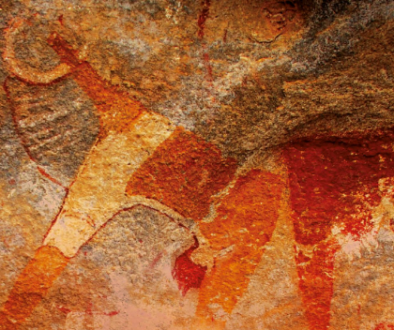The Role of Religions, Values, Ethics, and Spiritual Responsibility in Environmental Governance and Achieving the Sustainable Development Agenda
Iyad Abumoghli2023
The 2030 Agenda for Sustainable Development is the only global viable framework today that offers a plan of action to address the complexity of the development issues we face. An essential element to implement this Agenda is goal 17, related to partnerships and the role of the whole of society in achieving the sustainability goals. Sustainable development is defined as the intersection of economic, social and environmental aspects. However, the fourth component of culture and traditional knowledge, although presumably included in all the goals, has not been fully integrated, and offers an opportunity to improve and strengthen the implementation of the sustainable development agenda, taking into account religious values and belief systems as key elements of this cultural approach. Religious values and practices complement scientific and technological approaches to address the unprecedented environmental challenges of our time. This is especially important due to common religious values oriented towards living in harmony with nature. If taken seriously, the adoption of religious values leads to a change both in individual behaviors and in institutional policies that are crucial to reducing our ecological footprint and to dealing with the triple planetary crisis.




